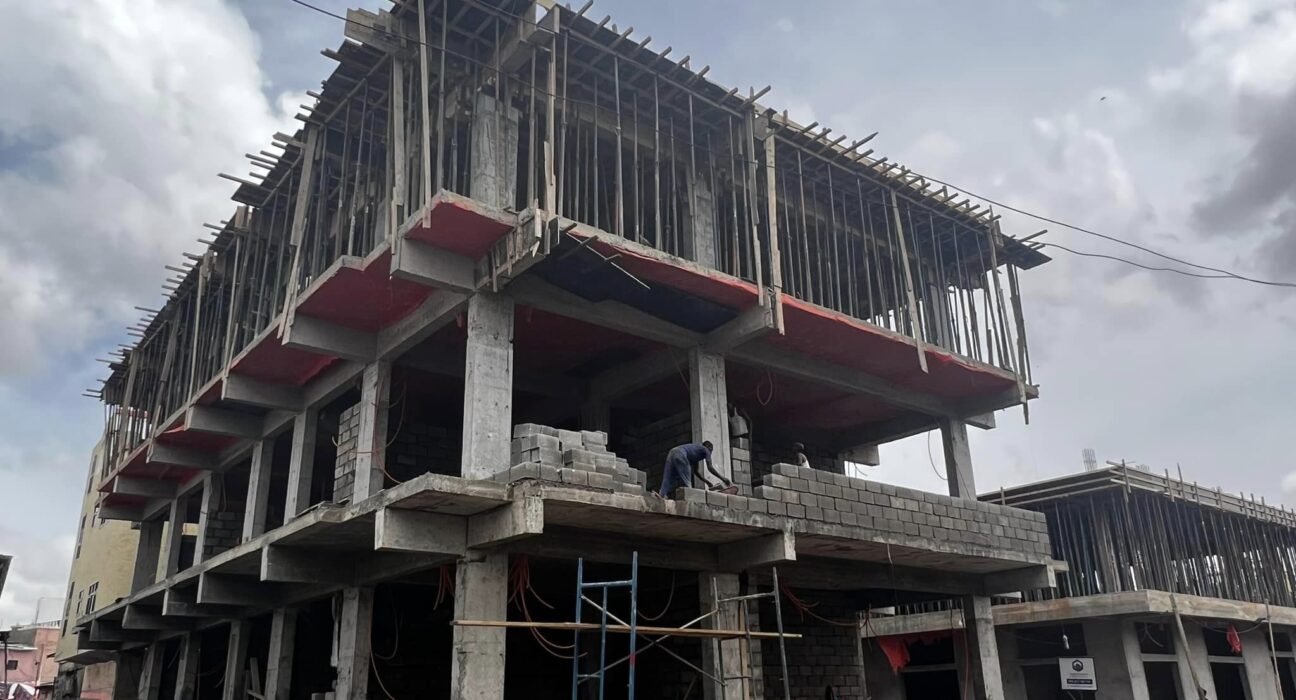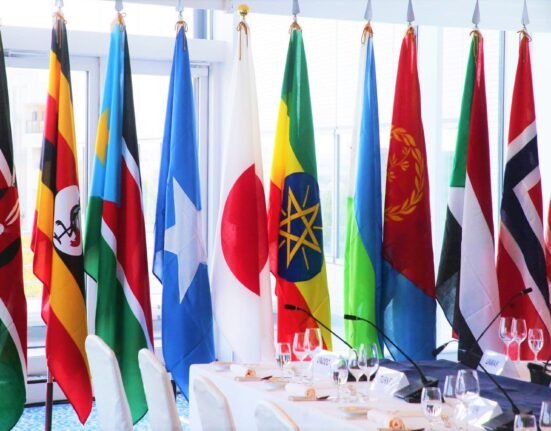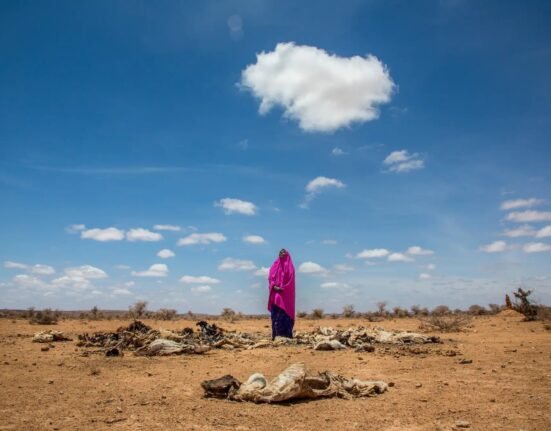Somalia has overcome significant challenges as a result of years of conflict and political instability. In the aftermath of conflict, rebuilding the nation’s economy becomes a primary focus. Economic diversification, aimed at reducing reliance on a single sector, is crucial for promoting long-term stability and sustainable development. This article examines the importance of economic diversification in post-conflict Somalia and explores potential strategies to achieve it.
The Significance of Economic Diversification:
Diversifying the Somali economy is essential for several reasons. Firstly, it reduces vulnerability to external shocks, such as fluctuations in commodity prices or conflict in neighboring countries. Secondly, it promotes employment opportunities, poverty reduction, and inclusive growth. Thirdly, it encourages innovation, fosters domestic entrepreneurship, and attracts foreign investments. Through economic diversification, Somalia can achieve a resilient and inclusive economy that is less reliant on traditional sectors like agriculture and livestock.
Key Sectors for Economic Diversification:
1. Agriculture and Agribusiness: Somalia has immense potential in agriculture, yet the sector remains largely untapped. Investing in modern farming techniques, irrigation systems, and value-addition processes can help increase agricultural productivity. Furthermore, promoting agribusiness and creating access to local and export markets can boost income generation for farmers and enhance food security.
2. Fisheries and Aquaculture: With a vast coastline along the Indian Ocean, Somalia possesses abundant marine resources. Developing the fisheries and aquaculture sector can create employment opportunities, enhance food security, and generate foreign exchange through exports. Proper management and sustainable practices are essential to harness this potential and prevent overfishing.
3. Renewable Energy: Somalia has abundant renewable energy sources, including solar, wind, and geothermal power. Leveraging these resources can help improve access to electricity, stimulate economic growth, and reduce reliance on expensive imported fossil fuels. Encouraging investments in renewable energy infrastructure and promoting public-private partnerships are key to harnessing this potential.
4. Tourism and Hospitality: Somalia boasts breathtaking landscapes, historical sites, and cultural diversity. Rebuilding the tourism sector can attract both domestic and international visitors, generating revenue, creating employment opportunities, and fostering socio-cultural exchanges. Investments in infrastructure, security, and promoting a positive image of the country are vital for this sector’s success.
5. Information and Communication Technology (ICT): Embracing the digital revolution offers tremendous potential for Somalia’s economic diversification. Enhancing access to affordable internet connectivity, fostering digital literacy, and supporting tech start-ups can drive e-commerce, innovation, and entrepreneurship. ICT can also improve governance, education, and healthcare, contributing to holistic development.
Enabling Factors and Challenges:
To successfully realize economic diversification, Somalia needs to prioritize several key factors. These include improving infrastructure, enhancing institutional capacity, ensuring political stability, promoting good governance, providing reliable access to finance, fostering an enabling business environment, and investing in education and skills development.
However, there are challenges to overcome. These include security concerns, lack of infrastructure, weak institutional frameworks, limited access to finance, and a mismatch between market needs and skill sets. Addressing these challenges requires a collaborative effort involving the government, private sector, civil society, and international partners.
Conclusion: Economic diversification is integral to Somalia’s post-conflict recovery and long-term development. By exploring and investing in key sectors such as agriculture, fisheries, renewable energy, tourism, and ICT, Somalia can attract investment, create employment opportunities, reduce poverty, and build a resilient and inclusive economy. Through concerted efforts and sustained commitment, Somalia can pave the path towards sustainable economic growth and prosperity for its people.






